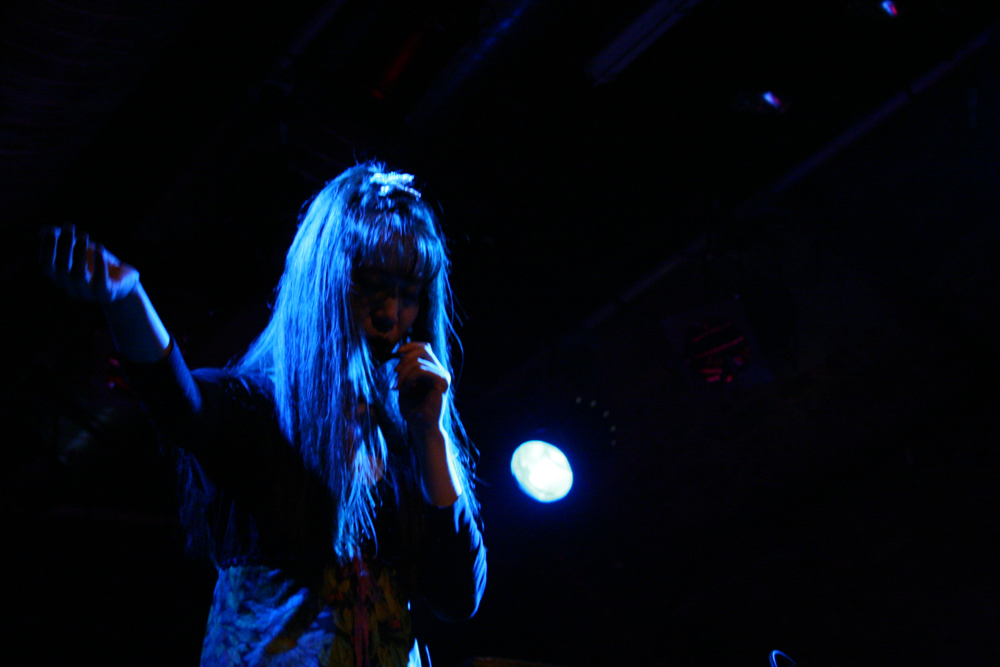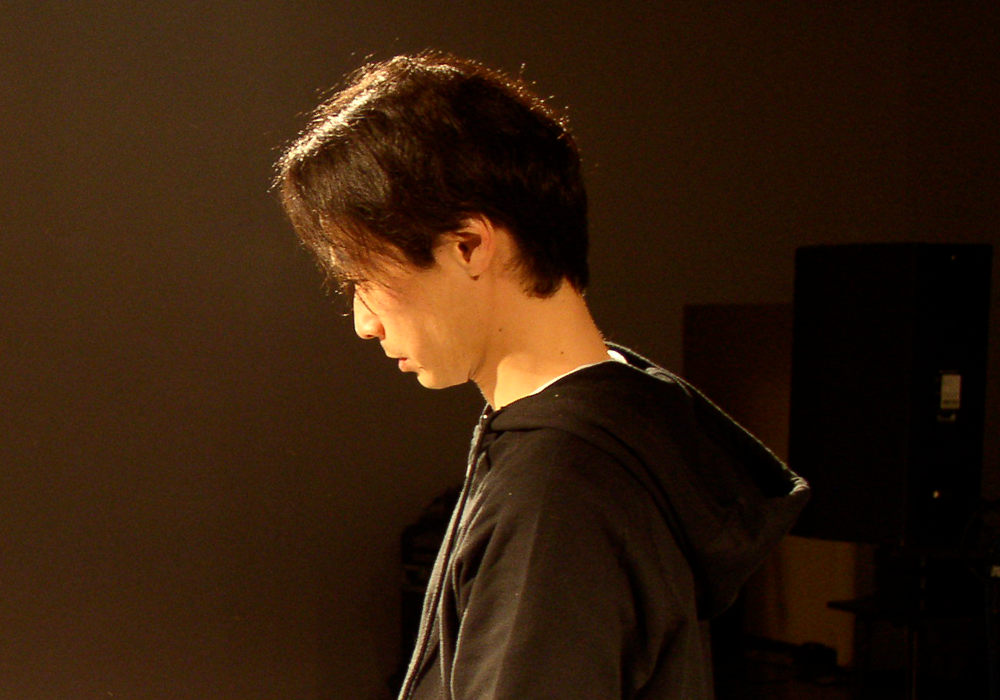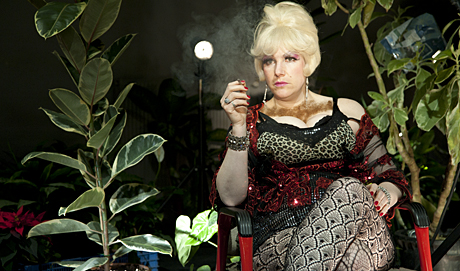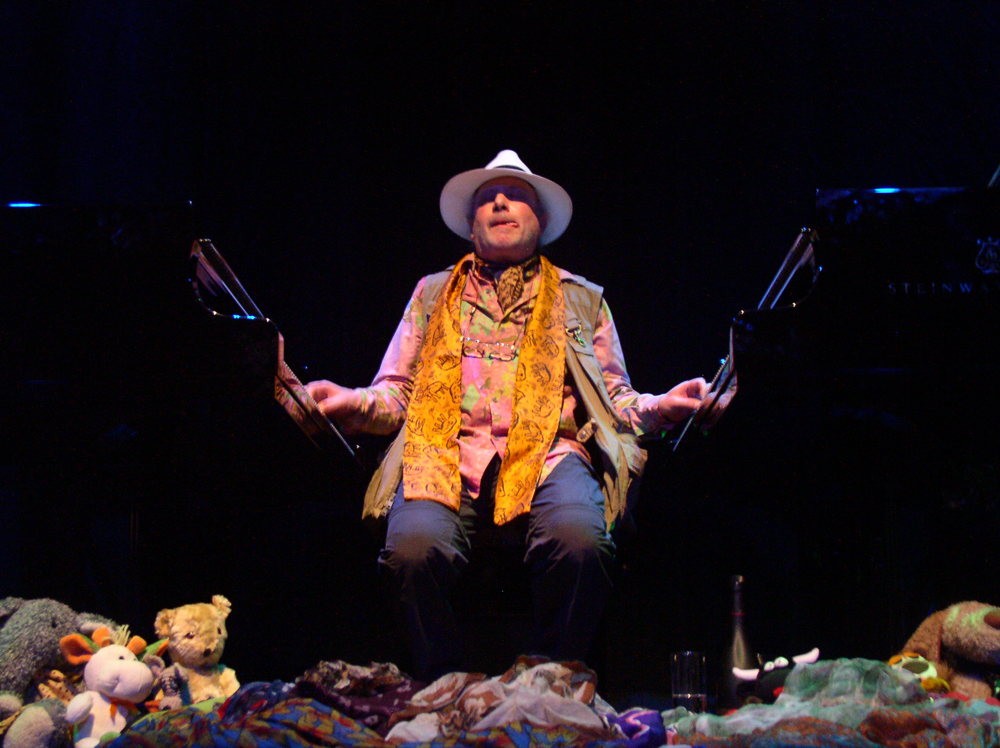
Sachiko
Wordless, reverb drenched voice, ghosted electronics, seething and ferocious electronic damage and Patty Waters style vocal mania.
Arika have been creating events since 2001. The Archive is space to share the documentation of our work, over 600 events from the past 20 years. Browse the archive by event, artists and collections, explore using theme pairs, or use the index for a comprehensive overview.

Wordless, reverb drenched voice, ghosted electronics, seething and ferocious electronic damage and Patty Waters style vocal mania.

Discussion: If we approach “care as an event” rather than as a “contract of exchange” then what becomes possible in how we know, care for, and appreciate each other?

The films in the programme take the essential and fundamental building blocks of cinema (combining sound and image through time) screw about with them, interrogate them and cast them anew.

Summing up of the investigations with a reflection on what has been done that week and what could be done the next.
Glasgow. Free-playing quartet of bass/ cello/ voice from The Glasgow Improvisors Orchestra and Age Of Wire & String.

Exploring the interplay between punk sinewave aggression, high-speed video sequences and stroboscopic lighting

Reading their letters to each other, and chatting about prefigurative politics as the practice of relentlessly building worlds through unspeakable violence and loss; of building worlds and living in them anyway.

A drone installation populated by flourescent strip lights working in complicity with analogue radios – “all the lights just do their thing”.

A programme of discontinuity between narration, text and image. Including Manual Saiz’s employment of John Malkovich’s Spanish dubbing double and Peter Rose’s absurdly hilarious concrete poetry subtitling chaos.

Trans-temporal drag, sexuality and the re-staging of illegible moments in history.

Light Music is a dizzying celebration of the pivotal nature of sound in film; a direct and powerful transcription of film as sound.

An extravagant debauch of huge pianos, plush toys, cognac and ritual.